
The caption of the news story was as follows: “Lynching Creates Unsafe Society – Council-of-State” (Starrfmonline.com / Modernghana.com 6/2/17). But the picture at the top of the story was that of the erudite Togbe Afedi, IV, Paramount Chief of the Ho-Asogli Traditional State, in the Volta Region, who also doubles as the President of the Ghana National House of Chiefs, and not that of Nana Otuo-Serebuor, President of the Council-of-State and Omanhene of the Asante-Dwaben Traditional State. Not that it made much of a heck of a lot of difference, because both highly respected traditional rulers have been widely quoted to have roundly condemned the May 29 brutal lynching of Capt. Maxwell Adam Mahama at Denkyira Obuasi, in the Central Region.
What none of our most prominent traditional rulers are emphasizing is the inescapable fact that the so-called culture of rampant lynching with impunity did not emerge totally out of a vacuum. It was the Chairman Jerry John Rawlings-led junta of the Armed Forces Revolutionary Council (AFRC) and, subsequently, the Rawlings-Tsikata junta of the so-called Provisional National Defense Council (PNDC), that created the wanton culture of vigilantism and the virulent lawlessness that the country continues to reel under today. Under the Rawlings regime and that of such Rawlings acolytes or mentees as Messrs. John Evans Atta-Mills and John Dramani Mahama, Ghanaians witnessed the horrific weakening of the strength, legitimacy and the reputation of the judiciary.
Our law-enforcement agencies, in particular the Ghana Police Service, were woefully and, perhaps, deliberately underfunded. Instead, we witnessed the members of the Ghana Armed Forces (GAF) take center-stage of our national political culture and become a veritable law unto themselves. Indeed, it was the Darwinian militarization of our national political culture, at the expense of the salutary nurturance and systematic and meticulous development of civic responsibility, that got us to where we presently are as a people and a nation.
He may not have, himself, been fully aware of the serious hint that Dr. Benjamin Kumbuor recently gave the nation, when the former Defense Minister under the erstwhile Mahama-led government of the National Democratic Congress categorically and, perhaps, even wistfully, observed that when he was head of the Ministry of Defense, the High Command of the Ghana Armed Forces did not take its marching orders from him. The renowned lawyer’s observation was in response to the allegedly neck-deep involvement of some members of the Ghana Armed Forces in the protection of some illegally operating foreign mining companies in the country, in particular Chinese, Russian and Ukrainian-owned mining companies.
Needless to say, it was the rankly corrupt and negative general image and reputation created by the leadership of the institution of the Ghana Armed Forces, as an enabler of foreign Galamsey operatives in the country, that partly culminated in the brutal execution of Capt. Mahama, identified in the wake of his horrific death as the nephew of former President John Dramani Mahama. Practically speaking, Ghana as a cultural polity lost its innocence and hitherto its enviable reputation as easily the most peaceful and civilized nation in the West African sub-region, with the monstrous emergence of Chairman Jerry John Rawlings and his Anlo-Ewe Trokosi Nationalist Clansman, Capt. Kojo Tsikata (Rd), on our national political landscape on June 4, 1979, nearly 40 years ago.
It goes without saying that the brutal lynching of Capt. Mahama could have routinely happened to any Ghanaian civilian and, in fact, did happen to hundreds of thousands of ordinary Ghanaian citizens, under the watch of the man whose 20-year reign-of-terror has been likened to the Boko Haram terror machine of northeastern Nigeria. This is what we all need to be having a national conversation about, rather than facilely and misguidedly taking potshots at the fruits of the problem, rather than the roots of the same.
Kwame Okoampa-Ahoofe, Jr., Ph.D.
English Department, SUNY-Nassau
Garden City, New York
Read Full Story
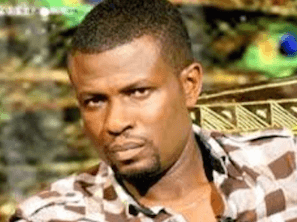
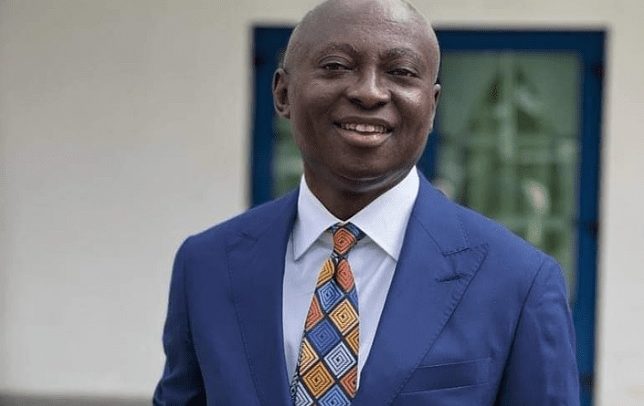







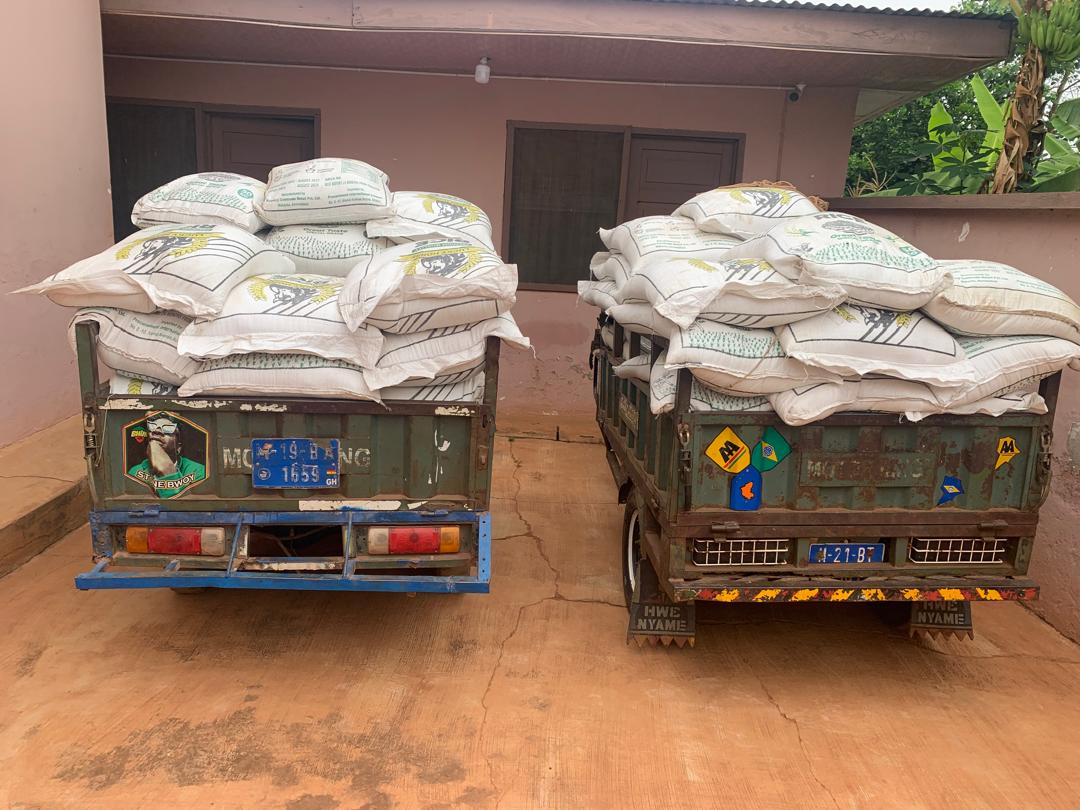


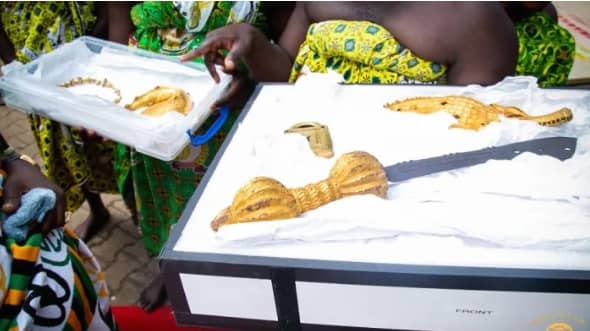
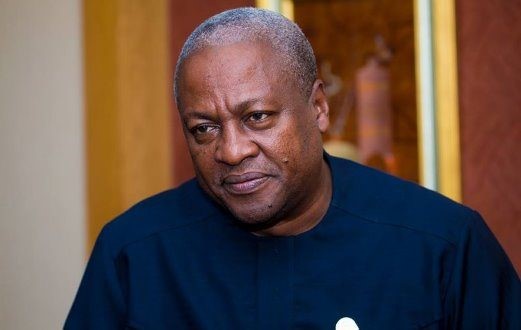
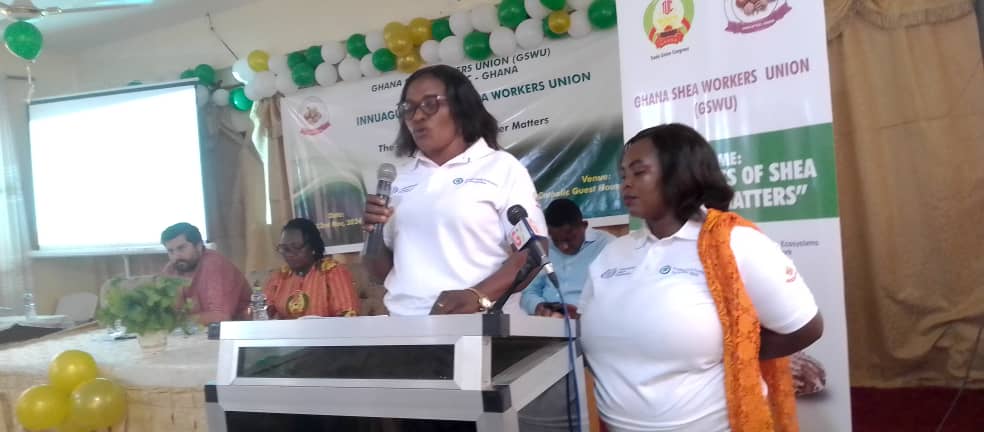
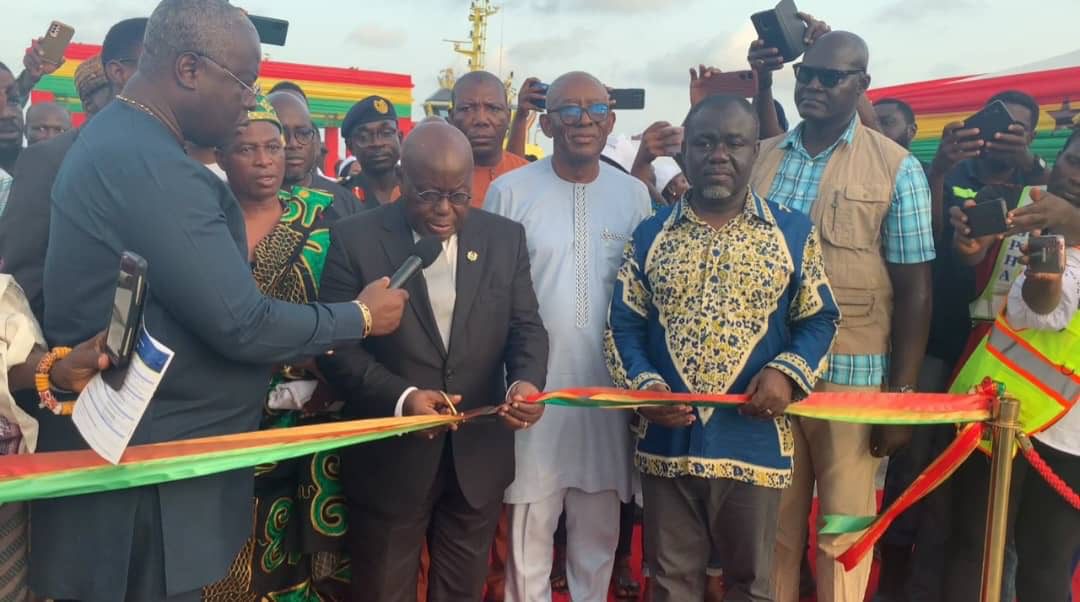
Facebook
Twitter
Pinterest
Instagram
Google+
YouTube
LinkedIn
RSS